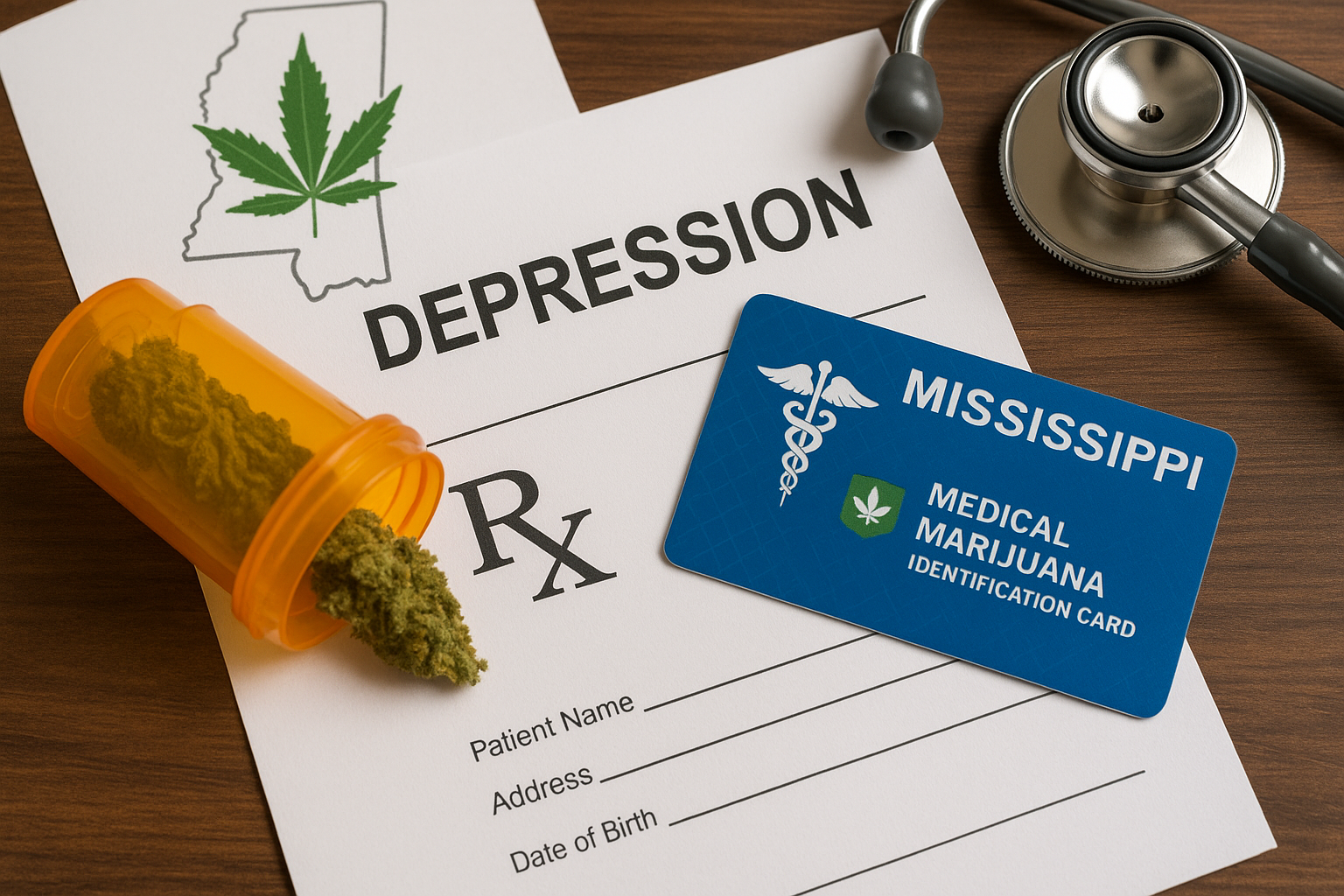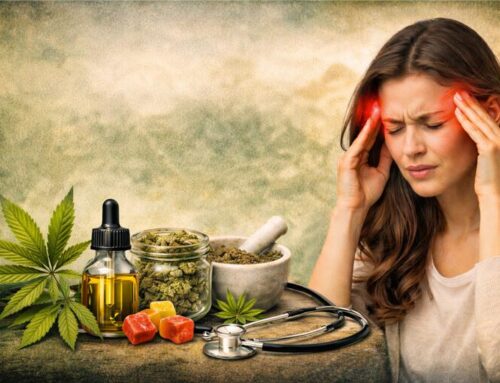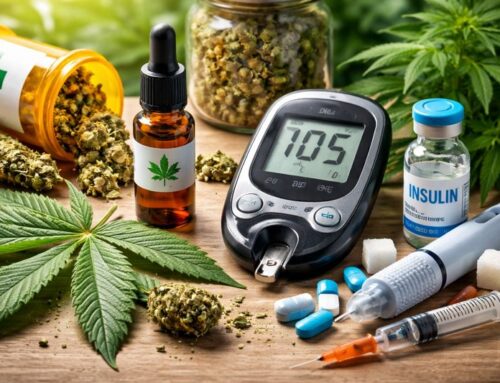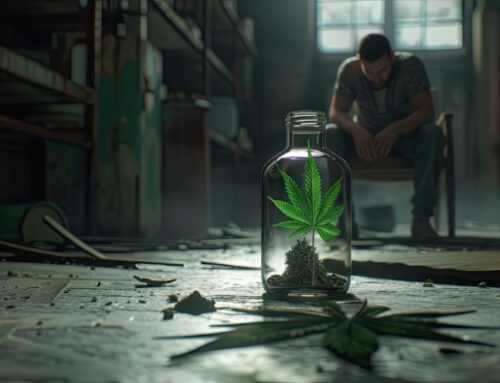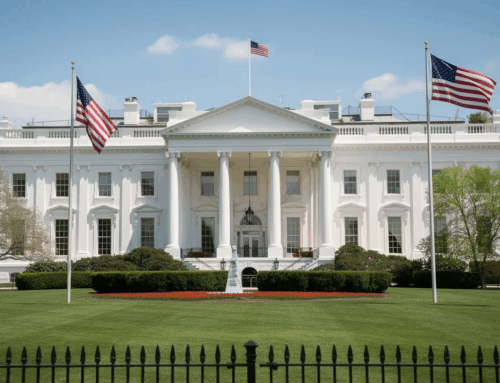For individuals in Mississippi suffering from depression, the question may arise: “Can I get a medical marijuana card for depression?” The short answer is not necessarily. Depression is not specifically included in the qualifying conditions of the Mississippi Medical Cannabis Program.
However, the Mississippi legislature may be considering changes that could include depression in the near future. This blog post will discuss on Can You get a medical marijuana card for depression in Mississippi and what changes to expect.
History of Medical Marijuana
Mississippi passed the Mississippi Medical Cannabis Act (SB 2095) in February 2022.
That law lets patients with certain “debilitating medical conditions” use the medical marijuana. They can use it under supervision and within regulated limits. The Mississippi Department of Health oversees the program (MMCP).
Under this law:
- A qualified health care provider must diagnose and certify that a person has a qualifying condition.
- Patients must register with the state. They must receive a registry identification card.
- The program enforces purchase limits and testing for safety.
- It requires follow-up visits. This is to evaluate if medical marijuana is helping or not.
- But the law does not currently list depression as one of the standard qualifying conditions.
- So, as of now, a medical card purely for depression is not guaranteed in this state.
Why Depression Doesn’t Yet Qualify (Officially)
State law lists many other conditions.
Depression is a mental health condition just like autism. So lawmakers and regulators have not formally classified it as “debilitating” under the law.
Also, the law demands that the medical marijuana use must “treat and alleviate symptoms associated with the debilitating medical condition.”
If a health care provider believes in a patient’s case, they might argue for depression as a symptom of a broader condition. But that is risky and may be rejected in review.
In short, the law did not build in depression. The regulators have not adopted it. Most providers may be cautious to certify depression as the sole basis for a medical card.
What Is Changing — Legislative Proposals
As of mid-2025, some bills in the state legislature aim to expand the list of qualifying conditions.
SB 2745 would amend the law to include anxiety disorders and sleep disorders under the definition of “debilitating medical conditions.”
SB 2748 would let telemedicine evaluations for patients who are homebound and bedbound and refine definitions in the Medical Cannabis Act.
HB 611 (2025) proposes revisions, including allowing telemedicine for qualifying patients and altering the regulatory structure.
If SB 2745 passes in its current then anxiety disorders might become explicitly covered. Depression and anxiety overlap. So this change might open a pathway for people with depression in some cases. But that depends on the way the law is implemented. It also depends on the way the practitioners interpret it. It also depends on the way the health department writes rules.
Until that law (if passed) becomes active, depression alone remains in a gray area.
What You Can Try If You Have Depression?
Even though the official path is uncertain, here are some realistic steps someone with depression might take
Talk to a provider familiar with cannbis products such as medical cannabis doctors and psychiatrists those who are well aware of medical cannabis laws. They can help with your application if you have additional symptoms and diagnoses.
Emphasize comorbidities. If you also suffer from certain other conditions, you might meet the qualifying condition under the current law. Some providers may write your certification based on the broader diagnosis.
Track your symptoms carefully. Document the way depression affects your life daily. Show the severity. Show the way other treatments have failed and had side effects. That helps your provider argue your case.
Stay current on legislative changes. If SB 2745 and similar bills pass, the qualifying list could expand. Once new rules go into effect, people with depression may gain clearer eligibility.
Join and support patient advocacy groups in the state that push to expand the qualifying conditions. Public pressure helps shape the final rules.
Don’t rely solely on this drug. Continue therapy and medications. Follow lifestyle changes and work with mental health providers.
Risks, Challenges, and Realities
Even if a provider agrees to certify depression, and if the law changes help, you still face these realities:
Regulatory review. The health department may reject certifications that are not as per the officially recognized conditions.
Provider reluctance. Many doctors avoid certifying for mental health conditions. This is because they fear legal risks and professional scrutiny.
Insurance and cost. The medical marijuana is not covered by insurance. Out-of-pocket costs may remain high.
Employment and testing. Your employer might test you for medical marijuana. Even with a medical card, you could face workplace consequences. The law does not necessarily protect you in private employment.
Federal conflict. The medical cannabis remains illegal under U.S. federal law. That discrepancy can create legal ambiguity for banks. It can also create problems in interstate travel and federal employment.
Effectiveness is variable. This medicine affects people differently. It may help some. It may worsen symptoms in others. It may interact with other medications. Always proceed with medical supervision.
What Happens If the Law Expands?
More practitioners may feel safe certifying for a broader range of mental health conditions.
The health department may issue clarifications and guidelines about qualifying depression in the context of anxiety and mood disorders.
Patients with depression could see clearer paths. There will be fewer rejections and more predictable access.
Dispensaries would see more demand. They might stock products oriented toward certain conditions.
Oversight and monitoring will increase. The state may audit certifications more closely.
Still, even after expansion, every certificate must be evaluated individually. Having the law on your side does not guarantee automatic approval.
Few Things That You Must Know For Better Clarity
Can you use this medical marijuana for depression if I also have chronic pain?
Yes. You can. Your provider may certify based on that. Then you may legally obtain it. In effect, your treatment may also help with depression. But your card is granted under the pain diagnosis.
Would a psychiatrist support you in getting a medical card for depression?
Possibly. But they avoid certifying non-approved conditions. If they do, they must follow state rules. They must document carefully. Many psychiatrists prefer focusing on approved diagnoses.
If depression becomes qualified later, will the past applications count?
Probably not automatically. You would likely need to reapply. You may have to update your application under the new rules. The state may give a transition period. But we don’t know the details yet.
Can caregivers use medical marijuana on your behalf if you have depression?
Yes. This state lets a designated caregiver assist registered, qualifying patients. But the patient must still meet the qualifying criteria. The caregiver must follow state rules.
Are there clinical studies proving this drug helps with depression?
Some studies show potential benefits of medical marijuana for mood disorders. But results are mixed. More rigorous trials are needed. The medical cannabis is not a first-line treatment. Use it with medical supervision.
Conclusion
As of 2025, you cannot reliably get a medical cannabis card in Mississippi solely for depression. This is because it is not explicitly a qualifying condition under the existing law.
But legislative proposals (notably SB 2745) aim to add anxiety and sleep disorders. That change could help people with depression, especially when depression and anxiety coexist.
If you have depression, your best path now is to work with experienced providers. Document your symptoms. Check for comorbid conditions and stay alert to law changes. Use a multi-modal approach and any legal medical options you can access.
For more on this, speak to our experts at Ezmedcard.
FAQs
Can you get a medical marijuana card for depression in Mississippi?
As of 2025, you cannot get a medical marijuana card solely for depression in Mississippi. Depression is not listed as a qualifying condition under the Mississippi Medical Cannabis Act. However, if you have another approved condition—such as PTSD, chronic pain, or anxiety (if new laws pass)—you may qualify.
What are the qualifying conditions for a medical marijuana card in Mississippi?
Current qualifying conditions include cancer, PTSD, epilepsy, chronic pain, Parkinson’s disease, HIV/AIDS, Crohn’s disease, and other debilitating illnesses. While depression is not yet approved, future updates to Mississippi’s medical cannabis laws may expand eligibility.
Can a doctor approve medical marijuana for depression in Mississippi?
A doctor cannot currently certify medical marijuana for depression alone in Mississippi. However, if your depression is linked to another qualifying condition, your provider might include it in your treatment plan. Pending legislation could soon allow anxiety and related mental health issues, which may indirectly help those with depression.
How can someone with depression apply for a medical marijuana card in Mississippi?
If you have depression, start by consulting a certified medical cannabis doctor in Mississippi. Discuss whether you also have a qualifying condition like chronic pain or PTSD. Keep medical records, document symptoms, and stay updated on new laws that might soon allow medical marijuana for depression.
Will depression be added as a qualifying condition for medical marijuana in Mississippi?
Lawmakers are considering expanding the qualifying list. Senate Bill 2745 (2025) proposes adding anxiety and sleep disorders. If passed, it could open doors for people with depression—especially those with overlapping anxiety—to get a medical marijuana card in Mississippi.

